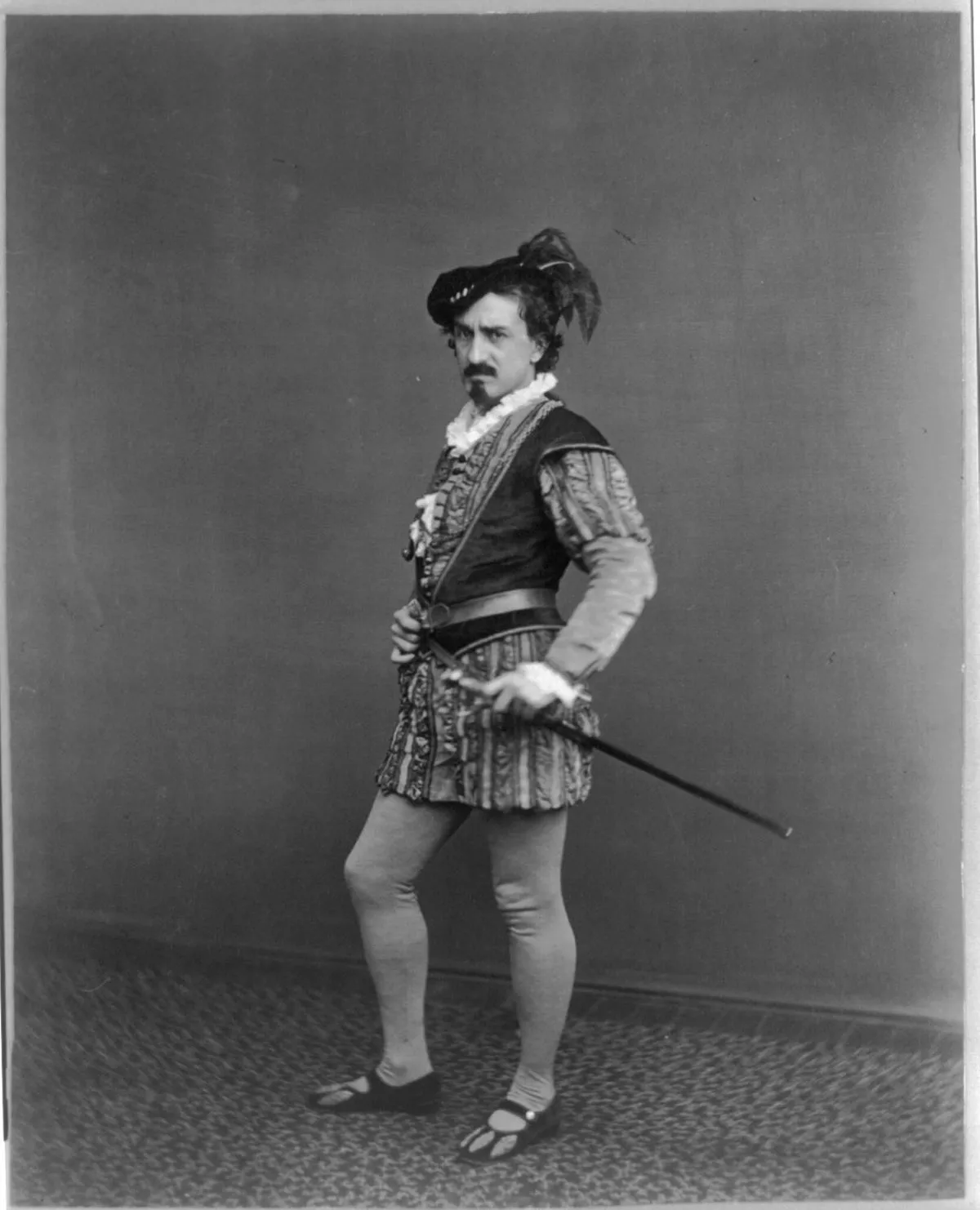 1.
1. Iago is the husband of Emilia who is in turn the attendant of Othello's wife Desdemona.

 1.
1. Iago is the husband of Emilia who is in turn the attendant of Othello's wife Desdemona.
Iago is a soldier who has fought beside Othello for several years and has become his trusted advisor.
Iago has an ally, Roderigo, who assists him in his plans in the mistaken belief that after Othello is gone, Iago will help Roderigo earn the affection of Othello's wife, Desdemona.
Iago manipulates his wife Emilia, Desdemona's lady-in-waiting, into taking from Desdemona a handkerchief that Othello had given her; he then tells Othello that he had seen it in Cassio's possession.
Once Othello flies into a jealous rage, Iago tells him to hide and look on while he talks to Cassio.
Iago then leads Othello to believe that a bawdy conversation about Cassio's mistress, Bianca, is in fact about Desdemona.
Mad with jealousy, Othello orders Iago to kill Cassio, promising to make him lieutenant in return.
Iago's plan appears to succeed when Othello kills Desdemona, who is innocent of Iago's charges.
Iago is one of Shakespeare's most sinister villains, often considered such because of the unique trust that Othello places in him, which he betrays while maintaining his reputation for honesty and dedication.
Iago is a Machiavellian schemer and manipulator, as he is often referred to as "honest Iago", displaying his skill at deceiving other characters so that not only do they not suspect him, but they count on him as the person most likely to be truthful.
Iago has been described as a "motiveless malignity" by Samuel Taylor Coleridge.
Leone Teyssandier writes that a possible motive for Iago's actions is envy towards Desdemona, Cassio and Othello; Iago sees them as more noble, generous and, in the case of Cassio, more handsome than he is.
Iago reveals his true nature only in his soliloquies, and in occasional asides.
In Giuseppe Verdi's Otello, an 1887 operatic adaptation of the play, Iago reveals his theology in his Act II aria "Credo in un dio crudel", which has no counterpart in Shakespeare's original: he does believe in a god, but a cruel god who created him in his likeness and that the evil he does is to fulfill his destiny.
Iago enunciates in the aria that he believes an honest man to be a mocking actor about whom everything is a lie and that mankind is simply a joke of iniquitous fate.